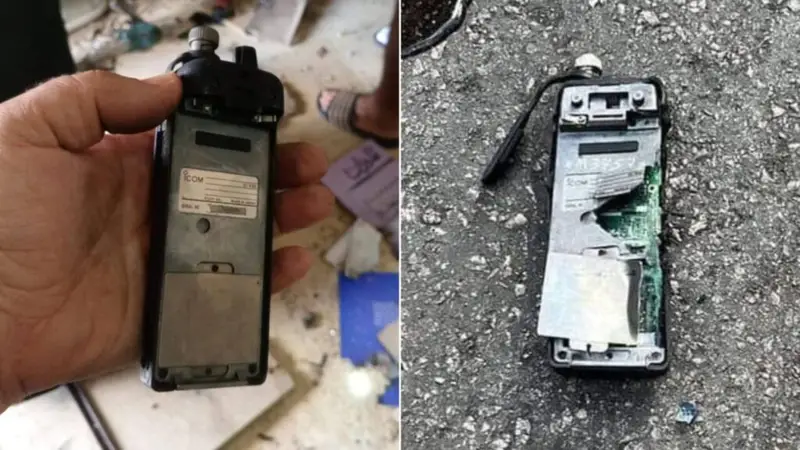Recent Lebanon pager explosions involving thousands of pagers and radios have killed at least 37 people and hurt thousands more. These terrible events have led to pressing probes into how such a well-coordinated operation was carried out. Lebanon and Hezbollah have blamed Israel, but Israel hasn’t said anything in public yet.
How Were the Pagers Compromised?
At first, people thought the pagers might have gone off because of a clever hack. But experts quickly shot this idea down. Instead, they believe that explosives were added to the devices before they got to Hezbollah. A Taiwanese company called Gold Apollo seems to be very important to the probe because its logo is on many of the broken devices. The company’s founder, Hsu Ching-Kuang, stated he didn’t believe anyone was involved and emphasized that the pagers lacked the proper markings.
Hsu named BAC Consulting, a company in Hungary that licensed Gold Apollo’s brand three years ago. He expressed worry about BAC’s shady financial dealings, which were said to have started in the Middle East.
BAC’s CEO, Cristiana Bársony-Arcidiacono, has not been reached for comment. According to reports from the New York Times, BAC may be a front for Israeli intelligence operations. This suggests that Israeli spies likely manufactured the pagers after changing their plans. The Bulgarian government has begun investigating another company linked to BAC, which allegedly handled funds related to the attacks.
How Were the Radio Devices Compromised?
IC-V82 radios made by the Japanese company ICOM were involved in the second wave of blasts. Notably, ICOM stopped making this type of product in 2014 and did not hire other companies to make its products. Experts think that the devices that went off might have been fakes, which are easy to find online. There is also proof that these radios may have been tampered with by adding explosives.
The Lebanese government thinks that “electronic messages” set off the bombs. Reports say that these messages might have looked like they came from Hezbollah’s leaders, which could have led people astray right before the blasts.
What Other Devices Are At Risk?
The attack on the walkie-talkies used by Hezbollah raises essential questions about other gadgets that could be hacked in the same way. In our connected world, these flaws can happen to many tools, especially those that use wireless communication or the Internet to connect.
Smartphones: The military, intelligence services, and rebel groups use smartphones to communicate securely. However, if they get infected with malware, these gadgets could become deadly detonators. Many recorded cases show that phones have been used in bombs, and as technology has improved, they can now be set off from a distance.
Tablets and laptops: In battle zones, tablets and laptops are essential for strategizing, planning, and sharing information. However, like computers, these devices can also be hacked. Malicious individuals could use them for spying or sabotage, rendering them unusable.
Drones: Drones have become essential in modern warfare for both combat and surveillance. However, they remain vulnerable to hijacking. If a drone gets hacked and turns against its operators or self-destructs, it would put people on the ground in serious danger.
Smart Home Devices: While not commonly used in military operations, smart technologies like security cameras and networked sensors can be weak points. Hackers could disable these devices or, in the worst-case scenario, exploit them to gather intelligence for enemy forces.
The Lebanon pager explosions have made people very worried about the safety of devices and the chance of more acts like this happening in the future. The foreign community is still watching things as investigations go on. They want to understand the situation because Lebanon is frightened and uncertain about how to proceed. It’s more important than ever to implement strong safety measures, as the complexities of the world increase the risks associated with unprotected technology.









